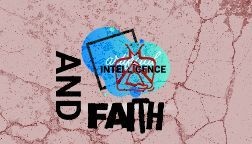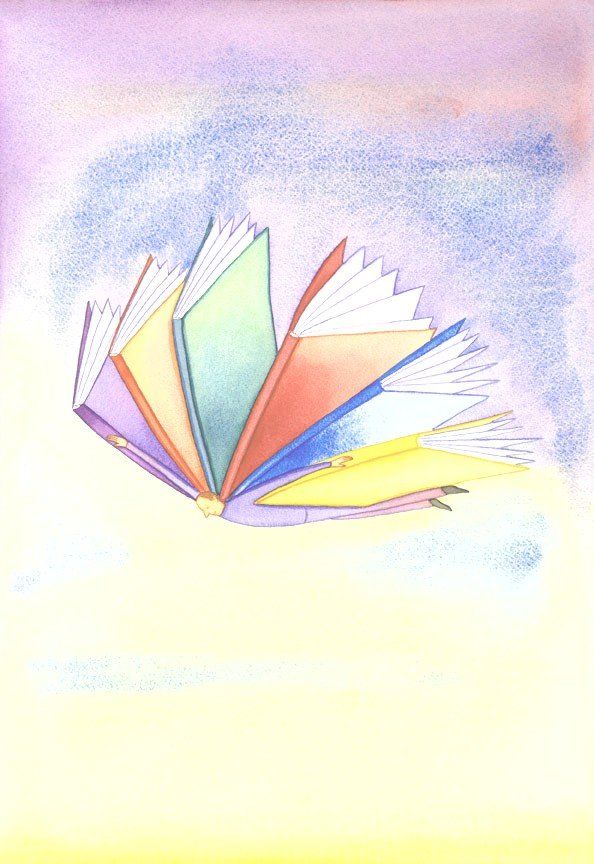By Carl Shank
•
January 12, 2026
Effective Christianity in Our Cultural Setting H. Carl Shank Lately I have been doing a deep dive into the topic of Culture and Christianity, both its history and its present situation. The best article I have recently read is from Jake Meador from mereorthodoxy.com on “Four Types of Christian Cultural Engagement” (Nov. 17, 2025). He presents an x-y chart with four quadrants for Christians to engage with culture — The Reformers (Institutionalist/High Pluralism); the Revanchists (Institutionalist/High Purity); the Populists (Individualist/High Pluralism); the Separatists (Individualist/High Purity). He presents a fairly accurate picture of each quadrant, with pros and cons. He gives examples of why and how to be a “Reformer” in a highly pluralistic world and culture set against the Lordship of Christ. He generally agrees with James Davidson Hunter’s approach of “faithful presence” in his “To Change the World: The Irony, Tragedy and Possibility of Christianity in the Late Modern World” (Oxford University Press, 2010). Christians working with non-Christian institutions and being faithful to their witness for Christ in them is the key. As a Calvinist (Meador is a PCA minister, a highly Reformed Church), he believes with Abraham Kuyper that “There is not a square inch in the whole domain of our human existence over which Christ, who is Sovereign over all, does not cry: ‘Mine!’” Every sphere of life is under Christ’s authority. Faith should shape how believers think, create, govern and participate in society. Kuyper himself served as Prime Minister of the Netherlands (1901–1905) with a Christian-based impact on society and culture. Meador’s take is that “The Christian must learn to live wisely, gently, shrewdly, and carefully amongst their neighbors, both so that they are able to love their neighbors well and so that they themselves remain faithful to Christ — That, then, is the work before us, as far as our lives outside our local churches are concerned: How to be constructive, fruitful members of mixed communities and organizations while genuinely serving them and promoting their good and living shrewdly enough to recognize the dangers and protect ourselves from those as well. It is hard work and often quiet. But, of course, hard work done quietly is often the best and most long-lasting sort of work there is.” He likes Tim Keller’s approach to the topic (See “The Reason for God”) as opposed to Jim Wilson’s “Principles of War: How To Use Proven Military Strategies in Spiritual Warfare” (Harold Shaw, 1991), where the Christian is seen as engaging in spiritual conflict and evangelism, a battle in which believers are soldiers under Christ, fighting not against flesh and blood but against spiritual opposition. He doesn’t comment on Christopher Watkin’s “Biblical Critical Theory” (Zondervan Academic, 2022) who offers a distinctively biblical and Christ-centered framework for how Christians should engage culture—one that both affirms the insights of cultural critique and rejects the autonomy of secular critical theory. His approach builds on (but also critiques) traditions like Kuyperianism, Augustinianism, and contemporary critical theory. He maintains that Christians must interpret culture through the biblical storyline of creation, fall, redemption and consummation. We must guard against naïve optimism, thinking that culture can be perfected through activism or policy, and cynical pessimism where we retreat from cultural engagement. He offers what he calls a “diagonal approach” favoring neither assimilation nor withdrawal, where Christian faith redefines the categories themselves, a third way grounded in Christ. Thus, instead of assimilation with or withdrawal from the culture, a faithful Christian centered in Christ “diagonalizes” these two extremes with an exile-like “in” but not “of” the culture from Christ’s words in John 17 and Paul’s exhortation to Christians in 1 Peter 1:14–17 — “As obedient children, do not conform to the evil desires you had when you lived in ignorance. But just as he who called you is holy, so be holy in all you do; for it is written: ‘Be holy, because I am holy.’ Since you call on a Father who judges each man’s work impartially, live your lives as strangers (foreigners/exiles) here in reverent fear.” The point is you can be BOTH holy and live actively within any culture and society. To do so, however, we need to see ourselves as citizens of heaven (not “of” this world) living faithfully and fruitfully within a culture (“in” the world) opposed to Christ and his Word. I see Keller, Meador, Kuyper agreeing here. The problem, however, has been the Church has not been good through the years at defining and expositing what “in” but not “of” the world really means. King Jesus took a Roman coin citing the coin and the Roman authority all belonged to God as the coin was given for the Roman taxation. The Tyndale Commentary by R.T. France here notes — “It was loyalty to God which was the basis for Zealot objections to Roman taxation, but Jesus, without reducing the demands of loyalty to God, indicates that political allegiance even to a pagan state is not incompatible with it. This is not a rigid division of life into the ‘sacred’ and the ‘secular’, but rather a recognition that the ‘secular’ finds its proper place within the overriding claim of the ‘sacred’. What should happen when the two conflict is not at issue here; in the political situation of Jesus’ time he, unlike the ‘Zealots’, clearly sees no such conflict.” All kinds of Christian traditions and theologies have problems with Jesus here. Yet, we can be BOTH “secular” and “sacred” at the same time without bowing to ungodly authorities or denying our allegiance to Jesus. Christian cultural engagement is not one without the other. Meador gives good examples or instances in known relationships as to how this can work. Watkin suggests Christians should speak truthfully and courageously, serve sacrificially, accept marginality when faithfulness demands it, and seek the good of their neighbors without expecting cultural control. The goal is witness, not winning. We can refuse false binaries imposed by secular ideologies and live as faithful witnesses shaped by Christ rather than by cultural power. We can reimagine culture in the light of Christ. (ChatGPT’s summary here) Exactly HOW we do this varies in each situation. I once ministered in an Orthodox Presbyterian Church in Vienna, VA, right outside of Washington, D.C., whose memberships were largely made up of government workers in a non-Christian setting. One Christian state official mostly worked with his secular boss in year end budget proposals until he was ordered one year to lie about his department’s expenditures and requests. He had to say “no” and was summarily fired from his job. Some Christian churches and organizations would say he never should have worked there at all. Others would say that his previous attempts to agree with his secular boss maybe could have worked here with a personal denial that the budget proposal was not his doing really. Yet, he would be living a bold-faced lie, and that he could not do. He sought to be a “faithful presence” in an ungodly environment, a citizen of heaven first, with gospel priorities, yet submitting however and whenever he could, to secular wants and desires. Another much less white-collar job was my ministry in a beginning church while working with a group of ungodly painters in apartment building painting. This was the challenge of working with lewd joking, regular cursing, and trying to get the jobs done without a lot of care and precision. I could have gotten another job, I suppose, but this was good pay and did not interfere with my weekend pastoral duties. Also, I saw it as an opportunity to daily be a gospel, faithful presence witness to the group. I was the “preacher-boy” in the group but did not disassociate with them at lunch or working together. I did not drink alcohol with them but chose a ginger ale at the end of the day “happy hour.” All the while I prayed for them and then they let me pray with them for personal tragedies and needs. I tried to be the best painter I could be, which they saw and attested to with the boss, day after day. Did any of them become Christians? I do not know, but my task was to witness and not convert them. The church grew, and I left the job with well wishes from them. The Church needs to equip and teach Christians to be “faithful presences” at their secular, often very ungodly, jobs, not tell them to immediately quit, or seek employment at a decidedly “Christian” organization, or like a good soldier, “attack” them with the gospel, or feel guilty every day at their work. Why can’t we do that?



